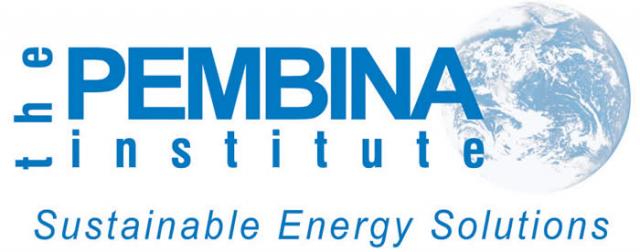Clare Demerse, Associate Director of the Pembina Institute’s climate change program, made the following statement in response to the climate change portions of today’s G20 declaration:
“Unfortunately, today’s G20 declaration did virtually nothing to advance the UN climate talks on the make-or-break issue of financial support to help poorer countries tackle climate change.
With less than 90 days before negotiations on a new global agreement are scheduled to wrap up in Copenhagen, acknowledging the importance of climate finance isn’t enough. Developed countries like Canada must now offer real plans to provide their fair share – something that their leaders failed to do this week in Pittsburgh.
While the EU and the US have at least started to ‘do their homework’ on climate financing, Canada has not yet given any indication of how much new public funding it will provide.
Canada cannot play a constructive role in Copenhagen unless it contributes its fair share to helping poorer countries cut their emissions and adapt to global warming.
A range of studies have found that the overall financing needed will be in the hundreds of billions of dollars per year. Pembina’s analysis shows that Canada is responsible for about three to four per cent of the total. Based on recent estimates of the funds needed, Canada’s share works out to approximately $2 billion to $6 billion per year.
Finance ministers have been tasked with further work in this area over the fall. Jim Flaherty and his counterparts will have to step up their efforts significantly to enable a strong deal in Copenhagen.
The G20 also committed today to phase out some fossil fuel subsidies ‘over the medium term,’ with finance and energy ministers to develop implementation plans in time for the next G20 Leaders’ Summit.
In Canada, the federal government continues to subsidize fossil fuels, creating incentives for increased activity that produces greenhouse gas emissions. Removing those subsidies – while scaling up federal support for clean energy – is an important step that would encourage significant cuts to Canada’s emissions.”
The Pembina Institute is a non-partisan sustainable energy think tank.
Subscribe to our newsletter
Stay up to date with DeSmog news and alerts






